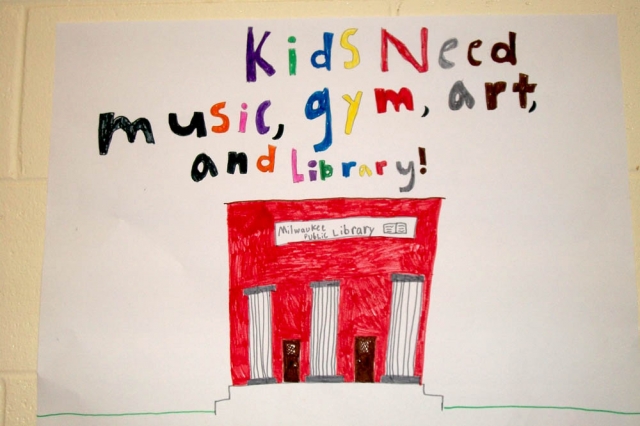Province offers raise but no new funding - strike aversion may mean program cuts
A deal ratified this afternoon by CUPE and the province is a mixed blessing bringing both good news and bad, according to president of CUPE Local 1285 Cherryl MacLeod, who represented both the East and West Kootenays at the bargaining table.
In an interview from Vancouver, MacLeod told The Source that she’s delighted there won’t be a strike, but is now concerned about how some already-strapped school districts are going to pay for the province’s promises.
“I’m thankful that the provincial part of CUPE’s bargaining is complete, and that we now have some stability for our members. We’re not done yet, we still have some local issues that we need to figure out.”
Those issues, however, are not the larger problem, she said.
“Victoria sent no money to fund the raise they agreed to,” she said. “It could potentially mean, in some locals, cuts to programming and to services for students.”
She said some districts have surpluses they can use to manage the new expense, but many do not – and she hopes the electorate will start sending a message to the province demanding increases in education funding, so school districts are put in this position.
CUPE issued the following release this afternoon:
The Canadian Union of Public Employees has reached a tentative Provincial Framework Agreement with the BC Public Schools Employers’ Association (BCPSEA). The Framework Agreement was unanimously endorsed by the CUPE BC K-12 Provincial Bargaining Sub-Committee and will be recommended to the CUPE BC K-12 Presidents’ Council for endorsement.
Each CUPE union local will then take this provincial agreement to their respective tables with school districts to conclude collective bargaining.
“Over two years this agreement provides our members a total 3.5 percent wage adjustment, with no concessions,” said CUPE BC K-12 Presidents’ Council chair Colin Pawson. “We were also able to work with the employer on a pay direct drug card.”
“As well, the agreement recognizes the professional role of education assistants through formal changes to the School Act and collective agreements,” added Pawson.
The agreement provides a one-per-cent wage increase on July 1, 2013, two per cent on Feb.1, 2014 and 0.5 per cent on May 1, 2014.
“CUPE BC’s 27,000 education workers are vital to keeping our schools clean, safe and inclusive,” said CUPE BC President Mark Hancock. “I want to thank all 85,000 of our members across the province, and our K-12 members in particular, for their solidarity. It’s only because we held together that we were able to negotiate a fair and reasonable contract, despite demands for concessions from the government.”
“I would also like to thank the BC Teachers’ Federation for their unwavering commitment to public education in our province and for their strong support during these difficult negotiations,” added Hancock.
Key Provincial Framework Agreement details:
* The agreement’s term is July 1, 2012 to June 30, 2014;
* It provides a wage increase of 3.5 percent;
* The introduction of a pay direct card for up-front drug expenses for
virtually all Locals;
* There are no concessions for CUPE members.
The Canadian Union of Public Employees represents more than 27,000 education workers in BC’s K-12 system. This agreement covers union members in 69 bargaining units across BC. CUPE represents members in 57 of those bargaining units.
IUOE Local 963 Business Manager Tim DeVivo represented the 12 other education worker union locals in this process.


























Comments